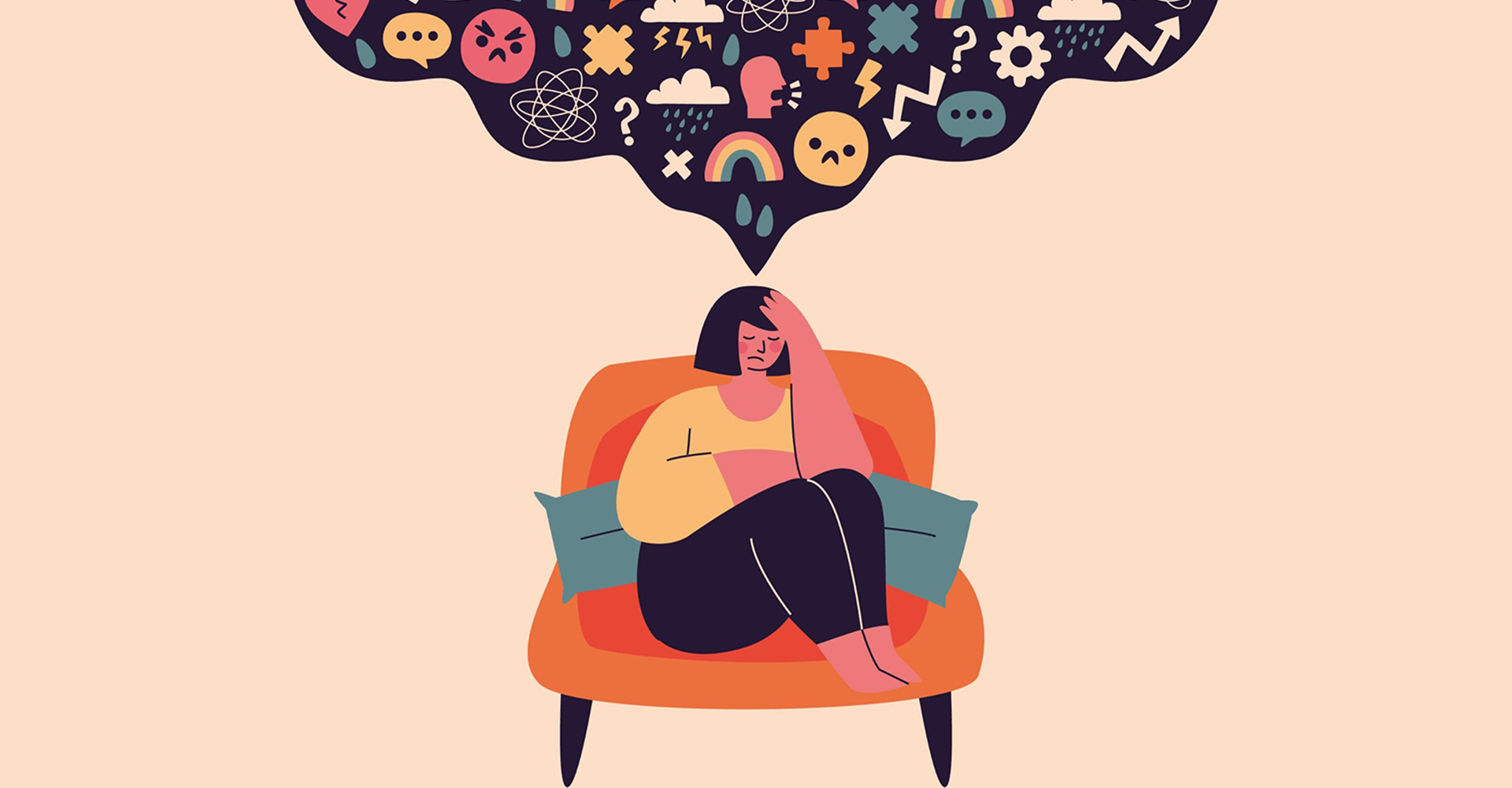
Stress is our body’s natural response to a demanding situation. While stress can be useful in small amounts, it can be detrimental to your health if it’s prolonged. If you experience symptoms like dizziness or headache, muscle pain, difficulty in concentrating, or irritability, talk to an expert today. An experienced mental health professional after understanding your symptoms can assess the triggers for your stress and anxiety. They can also suggest therapies that can help you manage your stress better.
What is Stress and Anxiety?
Stress is our body’s natural response to a challenge or a demanding situation. While stress can be useful in small amounts, it can be detrimental to your health if it is prolonged and sustained.
Anxiety simply put is our body’s reaction when it experiences stress. It is a feeling of fear, dread or restlessness that may cause tension. Sustained anxiety can disrupt your life and make it difficult to enjoy normal day-to-day activities.
Symptoms of Stress and Anxiety
The symptoms of stress and anxiety are similar and be one or more of the following:
- Dizziness or headache
- Muscle pain, chest pain
- Difficulty in concentrating
- Indecisiveness
- Irritability
- Feeling overwhelmed, feeling of constant worry
- Feeling weepy or tearful
- Change in sleeping habits- sleeping too much or too little
- Change in eating habits- eating too much or too little
- Avoiding social interactions
- Loss of sex drive
How to manage Stress and Anxiety?
- Share your feelings with a trusted friend or family member- managing stress is easier if you have the support of your near and dear ones. Feeling isolated often aggravates the fear you might be experiencing, sharing your worries with a trusted friend or close family member can help you feel at ease.
- Be physically active- exercising regularly has proven benefits of improving mental health and increasing serotonin (also known as the happy hormone) in the body. Being physically active and doing small exercises, like going for a walk can make you feel rejuvenated.
- Practice meditation and breathing exercises- meditation can help you calm your thoughts and help you focus on the present moment and not worry about future uncertainties. Breathing exercises can also help if you are feeling anxious.
- Eat healthy and wholesome food- taking a healthy diet with fruits vegetables and nuts will keep you healthy and uplift your mood. Avoiding food with high sugar is also beneficial as the dip in the sugar levels in your body can cause feelings of distress.
- Avoid alcohol and caffeine- consuming alcohol might appear to be a stress reliever but once the effect of alcohol wears off you might end up feeling worse. Consuming caffeine on the other hand can disrupt your sleep cycle and further increase anxiety.
- Talk to a professional- if the feeling of anxiety or panic is recurring and is affecting your daily life it is always a good idea to talk to seek professional help. Mental health service providers like Ohio Psychiatric Services can help you manage stress and anxiety and live a worry-free life.
What causes Anxiety?
Like most mental health conditions it is difficult to ascertain the exact cause of an anxiety disorder. Common causes can be a combination of genetic, environmental, psychological and developmental factors surrounding a person.
- Chemical imbalances: Several neurotransmitters and hormones like serotonin, and dopamine, play a role in anxiety. Imbalances in these chemicals can contribute to anxiety disorder.
- Brain changes: The Amygdala, a part of our brain plays an important role in managing fear and anxiety. According to studies, people with anxiety disorders show increased activity in the amygdala in response to anxiety cues.
- Genetic Factors: Anxiety sometimes runs in biological families. One may be at an increased risk of developing anxiety if they have a biological parent or sibling with an anxiety disorder.
- Environmental factors: Severe or long-lasting stress can change the balance of neurotransmitters that control our moods. Experiencing a traumatic event also seems to trigger anxiety disorders.
What type of treatment is used to manage Stress and Anxiety?
An experienced mental health professional after understanding your symptoms can asses the triggers for your stress and anxiety. They can also suggest therapies that can help you manage your stress better.
- Cognitive Behavior Therapy (CBT)- CBT exercises can help you identify anxiety-inducing thoughts and help you replace them with positive ones.
- Exposure therapy- exposure therapy can help you face situations that might be a trigger for stress or anxiety and over time can help you handle them effectively.
- Medication- in some cases, your mental healthcare provider might suggest taking selective serotonin reuptake inhibitors (SSRIs) or other drugs that can help manage the symptoms of stress or anxiety better.
Stress and anxiety might be a common concern given the challenging environment we are living in but they shouldn’t come in the way of living a healthy and meaningful life. Talk to a specialist at Ohio Psychiatric Services today for an initial evaluation if you are experiencing symptoms of sustained stress and anxiety.

